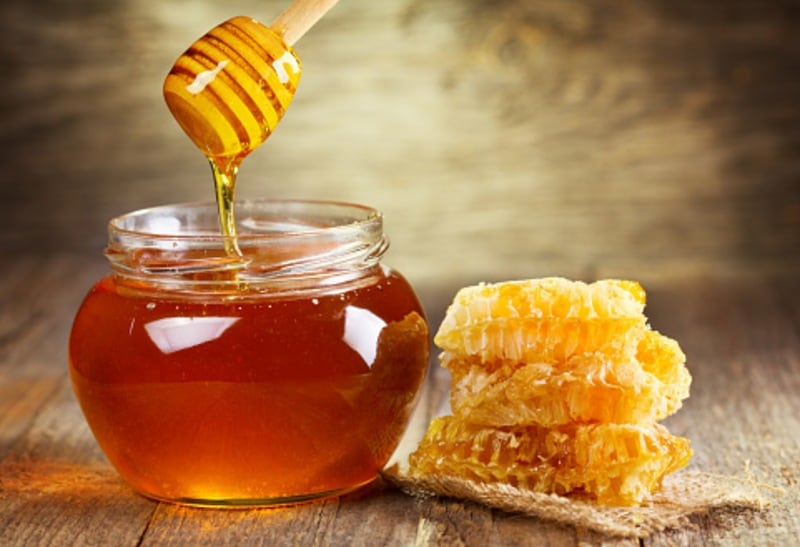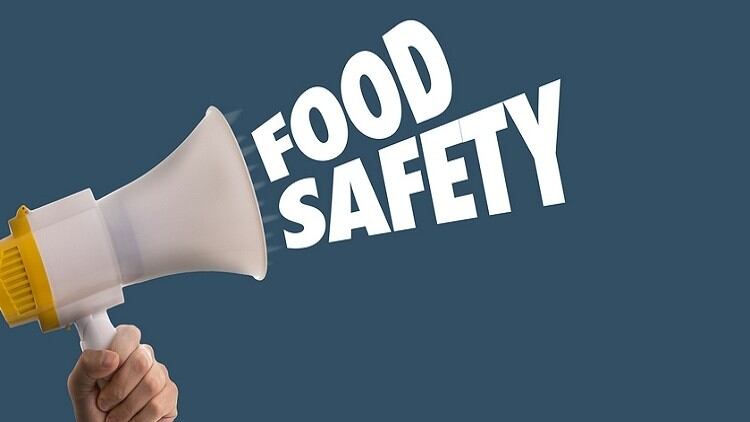The honey adulteration scandal was recently triggered when Indian research organisation Centre for Science and Environment (CSE) published a report revealing how 77% of local honey samples tested were found to be adulterated with sugar syrup – with many of these samples coming from big, established honey brands such as Dabur and Patanjali.
“A total of 13 honey brands were tested, [eight being] big brands and five niche brands. Overall, 17 out of 22 samples (77%) [of local honey] were found to be adulterated,” CSE said in the original report.
“As part of this investigation. CSE sent these honey samples for testing at two laboratories – the Centre for Analysis and Learning in Livestock and Food (CALF), National Dairy Development Board (NDDB), Gujarat, India [and] a food testing lab in Germany.
“[The tests conducted at] CALF were for key adulteration parameters set by FSSAI [such as C4/C3 sugars and Specific Market for Rice (SMR) [whereas the German lab] tested for Trace Marker for Rice syrup (TMR) and Nuclear Magnetic Resonance (NMR) profiling [which] are not part of FSSAI standards. NMR is an advanced test to check for adulteration and confirmation of origin of honey.”
CSE purchased multiple samples from each brand locally across August to November 2020 to conduct the analysis.
In response to CSE’s findings, FSSAI has launched a nationwide investigation into the matter and is also on the lookout for better testing methods to prevent any recurrence of the issue - but has also continued to insist that its current standards are already better than other countries globally.
“As on date (sic), FSSAI’s standards are more stringent as compared to other food regulators or international agencies,” FSSAI told FoodNavigator-Asia via an email statement, whilst declining to comment directly on the absence of NMR testing for honey in India.
“[Some developments till date are that we have] contacted the Central Beekeeping Research & Training Institute (CBRTI) and all India manufacturers of honey to provide [their] test result data [and] a study is also being commissioned to take samples from all over the country and get them tested.
“The Ministry of Agriculture and the National Bee Board (NBB) have also been requested to inform FSSAI if any other test methods are available to reliably detect addition of fructose and glucose to honey.
“Data [from] a large number of samples of India honey is needed and any re-examination has to be evidence based - The data that becomes available will be presented before concerned scientific panels and necessary amendments in thresholds, if needed, will be carried out.”
However, FSSAI’s actions so far appear to be less-than-satisfactory in the eyes of the researchers, in terms of severity, speed, and impact on the spread and consumption of this adulterated honey.
“We are deeply concerned by the way the FSSAI has addressed this serious issue. There is no strong and public action to send the right message to honey-selling companies and reassure consumers,” said CSE Director General Sunita Narain in a formal statement.
“[There] is no clear message from the FSSAI that there exist such syrups that can bypass Indian standards. In such a situation, the companies continue to claim that their honey passes all FSSAI parameters, and thus mislead the consumers.
“It is clear that the business of adulteration has constantly evolved to beat laboratory tests. While India needs to regulate syrup imports, it also needs better public testing, enforcement and traceability in the honey sector.”
More on the honey adulteration scandal
According to the CSE report, most of the samples that eventually failed adulteration tests had actually passed tests for C3 and/or C4 sugars (the presence of C3 sugars indicates the presence of C3 plants like rice or beetroot syrup, and C4 sugars indicates C4 plants like corn or sugarcane syrup)- but failed the TMR and/or NMR tests.
Interestingly, recently in 2019 FSSAI formally moved to remove the TMR test from its standards, and had simultaneously attempted to remove the SMR test, although this decision was rescinded after widespread public lashback.
This took place after another report on local honey in 2018 revealed how ’10 out of 10’ honey brands tested in India were in violation of FSSAI parameters.



